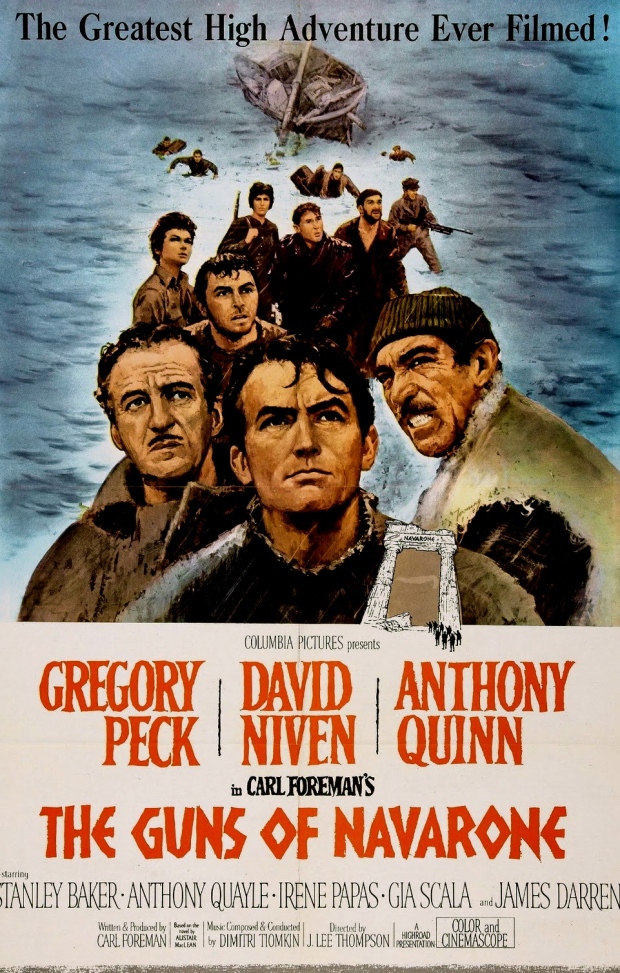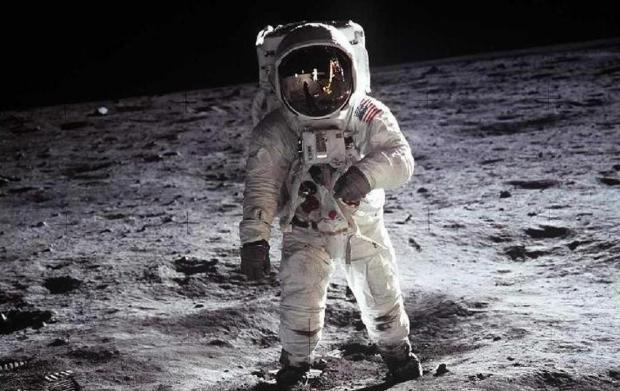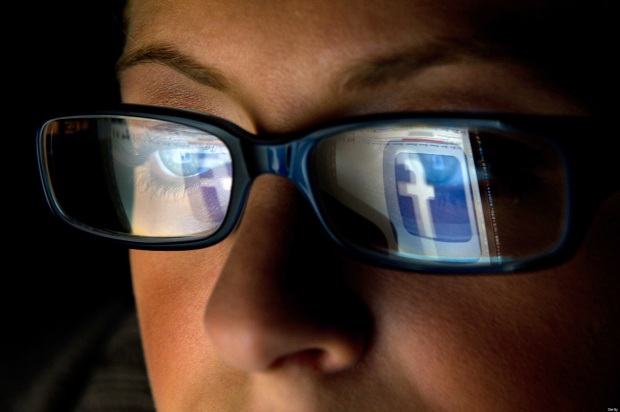“It is only too typical that the content of any medium blinds us to the character of the medium.” – Marshall McLuhan
Reflection:
Garth and I considered many options of how we can make a short film or blog on our perception of media, audience and space. We then developed a concept around the idea of Siri, the personality of the iphone S series that conducts most tasks of the iphone with voice control so you don’t have to touch your phone. No personal history was attached to the idea, but there was definitely an aspect of curiosity that encouraged us to take on the task and learn as much about Siri as we could. The idea played out really well and we believe we have created a piece that reflects the curiosities we expressed when brain storming the idea. Our goal was to create a piece that would express similar expressions to what we felt in terms of Siri. We wanted to exploit the remarkable things that Siri can do, but also hinder the things that she can’t do. We then used this storyline to relate to Marshall McLuhan’s theory of medium is the message. In this theory McLuhan warns us that we are too often distracted by the content of a medium, which blinds our appreciation for the powerful nature of the medium itself.
We think we achieved everything that we sought out to when we started this project; we discussed many options and ended on our final idea, which we then stretched into the short film that we successfully made.
When we finalized our idea of the aspects of how helpful/unhelpful Siri is, we researched things that Siri can and can’t do. Based off this we conducted primary research and tested out theories with Siri ourselves. Some of the pros were that everything we tested with Siri brought enjoyment and we learnt so much about what she can and cannot do. Cons would be that all the information on Siri was quite repetitive. We think that in some aspects we could have developed the idea further and with more resources we could have expanded the concept, but we embraced the learning curve and even with knowing how far we could go, we already know we have come so far from the first couple of ideas. Unforeseen positives included how much fun we had in the making part of the project and I think we both learned a lot about each other in the process. I also think we learnt a lot about Siri and her purposes and how powerful she is as a technological personality. Our genders weren’t an aspect that influenced the ideas or making of the project as Garth is male and I’m female. We both delegated roles respective to our strengths, not to gender, culture or social class and I think our roles evenly distributed amongst the tasks effectively enough to develop our project in an efficient, timely, stress free manner. Garth and I both starred in the project and took on respective roles in the film to showcase Siri’s positives and negatives. We both shared filming and acting roles, whilst Garth did the editing from his camera onto his laptop. I configured the main generalized idea of using Siri as our base and Garth generously expanded the idea to relate it fluently to MCluhan’s theory. I constructed the reflection while Garth continued editing the film, and when we both finished each piece, we went over and edited each other’s work. I feel like sharing the roles made our work together a little lighter, but depending on each other definitely encouraged us to work harder to develop a stronger piece as neither of us wanted to let the other person down.
Another platform would not have conveyed the idea we wanted to portray properly, so I strongly believe that we made the best decision in making a short film.
From this experience we can the thrill of making a short film that was humorous, relatable and informative, whilst also a little philosophical. It related to what we already know in that we discovered that Siri does more than we thought and since we started we have both started using Siri to more of her potential that we did prior to starting the project. Both of us discovered that our acting abilities are definitely rusty in the making of the film, but both of us really enjoyed stepping out of our comfort zones and putting the final pieces together. Our strengths and weaknesses complimented each other as something that one of us was not as confident in the other was confident in and vice versa.
We think that learning about Siri will encourage us to develop our “relationship” with her and actually use her to her full potential, and hopefully encourage others to do the same.
This project was satisfying to complete and we both learned individually and as partners and really bounced off each other with ideas and as supporting roles. Professionally, I think this project has developed our skills greatly in terms of teamwork, meeting deadlines, encouraging each other and time management.
By Garth Burley and Alexandra Hall
References:
- McLuhan, Marshall. Medium Is The Message. 1st ed. 1964. Web. 19 Oct. 2016.
- Bolluyt, Jess. “55 Questions To Ask Siri For A Hilarious Response”. The Cheat Sheet. N.p., 2016. Web. 29 Oct. 2016.
- “Ios – Siri – Apple (AU)”. Apple.com. N.p., 2016. Web. 29 Oct. 2016.








 would introduce a new movie and we’d all sit and watch it together. “
would introduce a new movie and we’d all sit and watch it together. “
